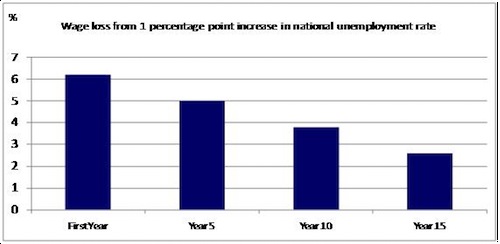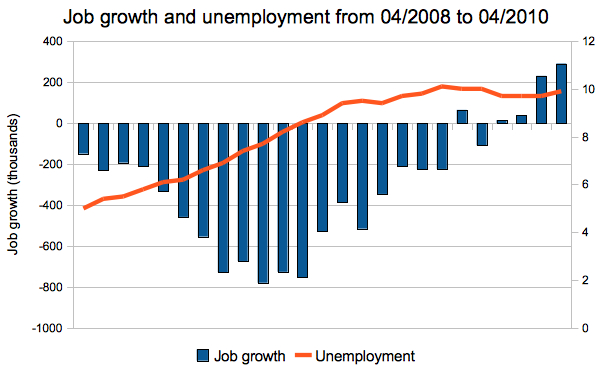An article in press at the journal, Medical Hypotheses, suggests that detection of underlying medical problems that affect skin color can be facilitated by placing patients in hospital gowns matching their skin. If their skin starts to change color, then the contrast will make it suddenly obvious; without the contrast, it might go entirely unnoticed.
The article, though, includes only illustrations featuring light skin. These are them:
A search for words that might suggest even a nod to the idea that darker-skinned people exist — e.g., black, race, ethnicity, Latino, etc — turned up nothing.
Via BoingBoing. See also our posts on “flesh-colored,” Michelle Obama’s “nude” colored dress, the new in-color, and this post on lotion for “normal to darker skin.”
Lisa Wade, PhD is an Associate Professor at Tulane University. She is the author of American Hookup, a book about college sexual culture; a textbook about gender; and a forthcoming introductory text: Terrible Magnificent Sociology. You can follow her on Twitter and Instagram.









